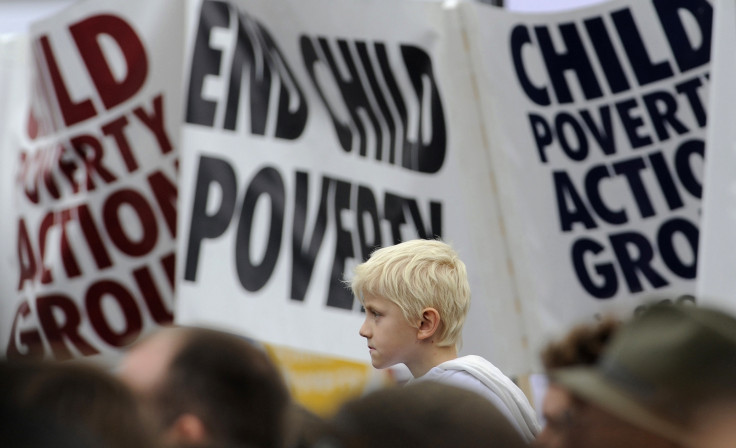Cost of Living UK: 300,000 More People in Absolute Poverty than Official Figures Imply

The number of people living in "absolute poverty" in the UK is 300,000 more than previously thought, according to the Joseph Rowntree Foundation (JRF).
The study, which was conducted by the Institute for Fiscal Studies (IFS), found that big increases in food and energy prices mean that poorer households have experienced larger increases in their living costs than have richer households.
The report estimated, after taking into account differential inflation since 2010/11, that the number of people recorded in "absolute poverty" would have been about 0.5% higher than given by the standard measure in 2013/14, implying an additional 300,000 more people.
The research also revealed that the increase in "relative poverty" at the start of the recession would have been greater.
"In recent years, lower income households have tended to see bigger increases in their cost of living than have better off households," said Peter Levell, a research economist at the IFS.
"Official poverty measures do not take this into account and hence have arguably understated recent increases in absolute poverty by a small but not insignificant margin."
The study also found that the prices of the goods on which poorer households spend more of their money have tended to rise more quickly than the prices of goods purchased by richer households over the last 10 years.
For example, households with incomes in the bottom fifth of the population saw a price increase of 50% compared to an increase of 43% for households with incomes in the top fifth between 2002/03 and 2013/14.
The report explained that poorer households tend to devote a greater fraction of their budgets to things like energy and food, the prices of which have risen more quickly than have prices on average.
In contrast, richer households spend more on things like motoring and mortgage interest the costs of which, at times, have been rising less quickly than the average.
© Copyright IBTimes 2024. All rights reserved.






